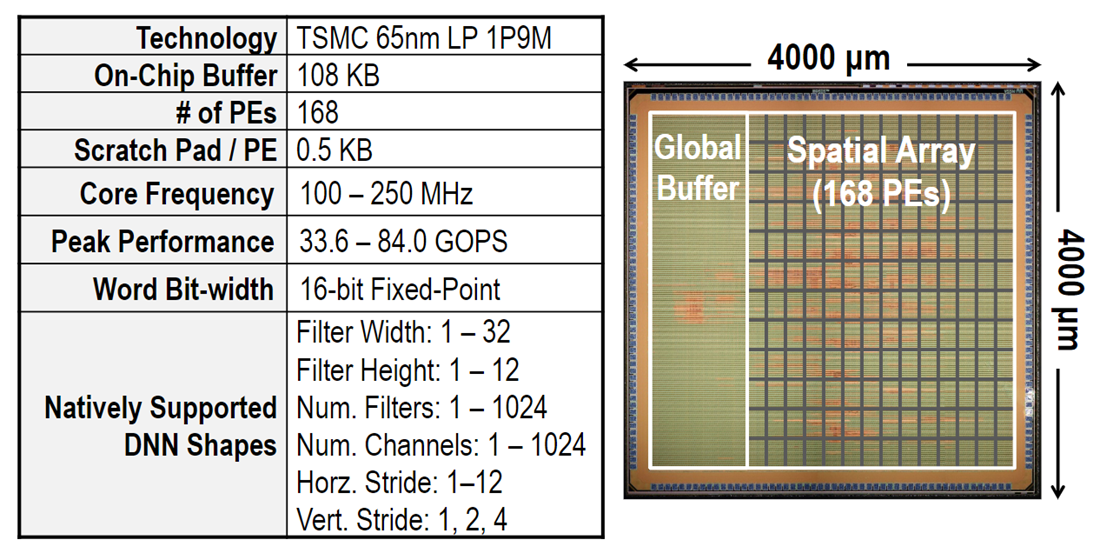Deep Learning - EAT Challenge
About
This project is part of an AI challenge of the DeepLearning course 2021 at the University of Augsburg. The objective to be learned is a classification task telling which food people are eating on audio recordings.
Students
This project was created by:
- Benjamin Möckl
- Julian Göser
- Marco Tröster
EAT Dataset Setup
For your convenience, the download of all external project assets (dataset and evaluation metrics) has been automated by a shell script. After executing the script you should be ready to run / develop the project code.
# download and unpack the dataset and metric files
./init_dataset_and_metrics.sh <dataset zip password>
How to Run
First, cache the input dataset as TFRecord files for a training session (e.g. naive training). This should massively improve your training performance (especially with low CPU / GPU resources).
# cache the preprocessed audio dataset as TFRecord file
python src/main.py preprocess_dataset naive
Now, you can launch a training session (e.g. naive training).
# process a training session
python src/main.py run_training naive
After that you can sample all inputs of the unknown test dataset using a trained model and export the prediction results for EAT challenge submission.
# evaluate the results for submission
python src/main.py eval_results naive
Valid training configurations are:
- naive
- noisy
- autoenc
- amplitude
Remark: Use a GPU empowered machine for amplitude training (although it won't be too rewarding anyways). Tested on Ubuntu 20.04. For running on Windows, the keras ModelCheckpoint Callback has to be switched to our SaveBestAccuracyCallback.
Training Results
| Training | Approach Description | Test Acc. | Real Acc. |
|---|---|---|---|
| Naive | Train on audio melspectrograms using Conv2D | 0.41 | 0.36 |
| Noisy | Train on audio melspectrograms using custom noisy Conv2D | 0.44 | 0.39 |
| Amplitude | Train on audio amplitude using Conv1D | 0.23 | ?.?? |
| AutoEnc | Train on audio melspectrograms using an Auto Encoder | 0.25 | ?.?? |







